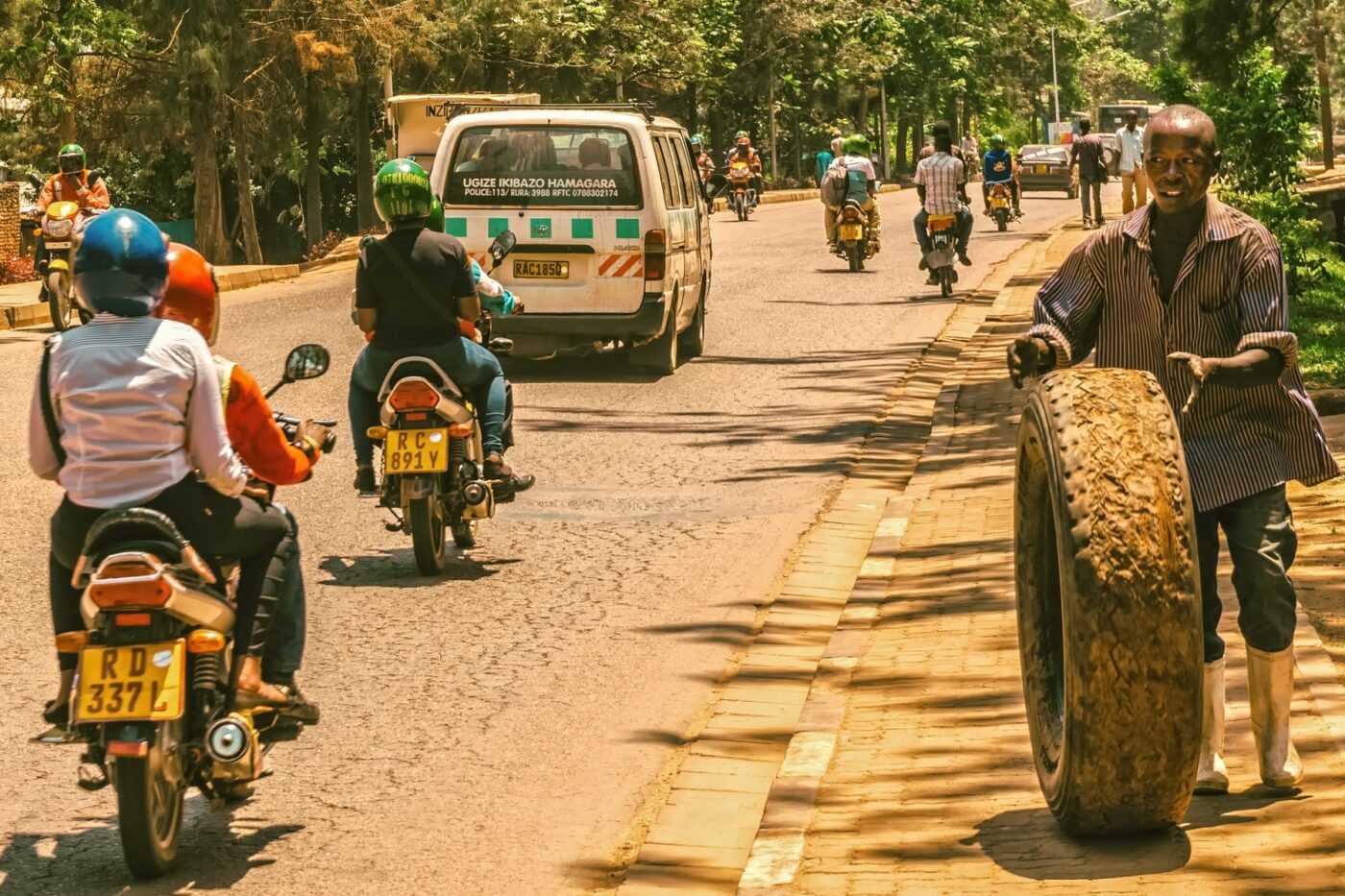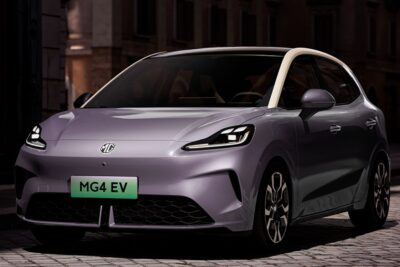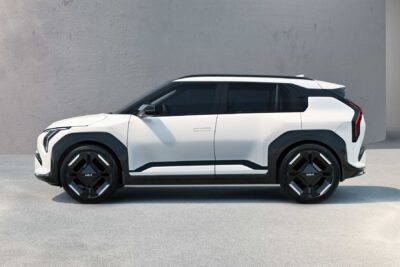Kigali phases out petrol-powered motorcycles
Petrol-powered motorbike taxis account for about 20% of all trips in Rwanda’s capital, making them a major contributor to pollution and greenhouse gas emissions. To promote a cleaner environment, the Rwandan government announced it would end the registration of petrol-powered motorcycles for public transport starting January 2025. From then on, only new electric motorcycles can be registered.
The policy is in line with the government’s goal to reduce greenhouse gas emissions by 38% by 2030. Since 2021, it has collaborated with the United Nations Development Programme (UNDP) to create policies that will ease the phasing out of petrol-powered motorbikes in an attempt to reduce greenhouse gas emissions and air pollution in the country. Infrastructure Minister Jimmy Gasore told the news agency AFP that “Kigali’s e-motorbike market and infrastructure are sufficiently developed to support this transition.” Though new petrol-powered motorbikes cannot be newly registered for commercial use once the policy takes effect, previously registered vehicles will continue to operate in the city.
Rwanda has already added electric buses to the capital’s public transport system. The focus now is on motorbikes. The Ministry of Infrastructure estimates that about 110,000 motorbikes operate in the country, of which 70,000 are commercially employed for taxi operation and 30,000 run on the streets in Kigali. Because of this, the Rwanda government spends about 23 billion Rwandan Francs (about 15.8 million euros) on fuel imports per year. Focusing on electric motorcycles will reduce fuel import costs to about 14 billion Rwandan Francs (about 9.6 million euros). Juliet Kabera, Director General of the Rwanda Environment Management Authority (REMA), told the Kigali Journal that the new policy has “potential cost savings and environmental benefits.”
For Rwanda’s citizens to easily transition to electric motorcycles for transport, the government has introduced several subsidies and incentives, including reduced electricity prices for charging stations and tax breaks for companies involved in battery and EV production. Other incentives include zero-rated import duty on electric and hybrid.
While the policy seeks to discourage the importation of petrol-powered motorbikes, it will accelerate investment in the local electric mobility industry, with several companies expressing interest in the sector. For instance, Eve Kayiranga, manager of SAFI Universal Link, one of several Rwandan firms selling electric motorcycles, welcomed the announcement. “This policy not only helps reduce carbon emissions but also demonstrates the progress made in building supportive infrastructure for e-mobility in Rwanda,” she told the local news outlet Barron’s.
Policymakers envisage the measure will reduce urban emissions while creating jobs in EV maintenance and charging infrastructure. As Kigali awaits a new era of electric transportation, Rwanda’s government is working closely with stakeholders. While the policy will take effect next year, the focus now is on public awareness campaigns, encouraging motorbike owners and operators to embrace the shift and access available subsidies.





0 Comments